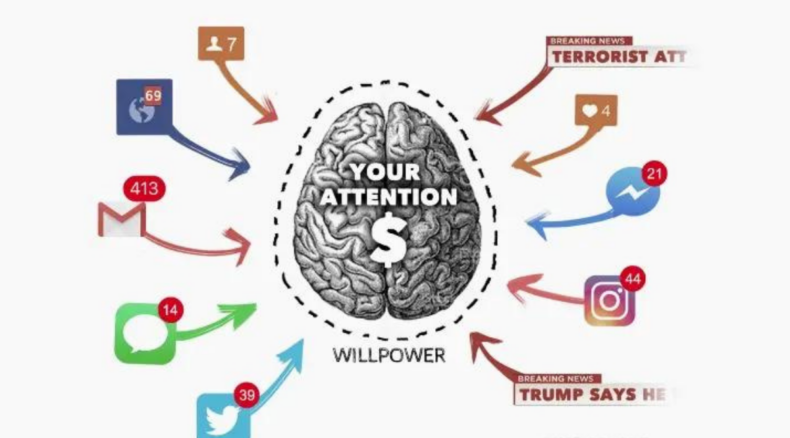What is a Hyperbole ?
In the case of hyperbole, the internet’s favorite form of sarcasm, we use it because exaggeration makes us laugh. “Jokes work because they defy expectations,” reports the Harvard Mahoney Neuroscience Institute. We experience humor in three phases: incongruity, surprise, recalibration. Dramatic language is incongruous and shocking. But jokes rooted in surprise are fraught with insensitivity warning signs. Where is the line? Does it move and change depending on context?

Impacts of Hyperboles?
Social media in general also empowers activists, who are no longer limited to organizing their crusades for justice in the specific places where they are physically present. Now every activist has the whole world as a potential audience and army of recruits to the cause. And as anyone who’s observed activists at work knows very well, the staking out of strong, uncompromising, often exaggerated positions is how they go about accomplishing their goals. The reason is obvious: They want to move public opinion in their direction, and they seek to get it with a rhetoric of alarmism. Opinion journalists have adopted this approach, in part for the same reason — because they think their best chance at persuasion is to indulge in intentional overstatement — but also because, once again, standing out in the clamorous marketplace, winning an audience and profit-generating online traffic, requires some attention-grabbing gesture. Many of the biggest problems we face in this moment as a society result from decisions being made by the hidden creators of our digital world — the designers, developers, and editors that create and curate the media we consume. These decisions are not made with malice. They are made behind analytics dashboards, split-testing panels, and walls of code that have turned you into a predictable asset — a user that can be mined for attention.

They do this by focusing on one over-simplified metric, one that supports advertising as its primary source of revenue. This metric is called engagement, and emphasizing it — above all else — has subtly and steadily changed the way we look at the news, our politics, and each other.
Every time you open your phone or your computer, your brain is walking onto a battleground. The aggressors are the architects of your digital world, and their weapons are the apps, news feeds, and notifications in your field of view every time you look at a screen.

They are all attempting to capture your most scarce resource — your attention — and take it hostage for money. Your captive attention is worth billions to them in advertising and subscription reTo do this, they need to map the defensive lines of your brain — your willpower and desire to concentrate on other tasks — and figure out how to get through them. You will lose this battle. You have already. The average person loses it dozens of times per day.
Example of Hyperboles , specially in politics
Like in India, Prime Minister Narendra Modi is a keenly watched politician. Not just his speeches, but his attire and mannerisms on every occasion also make news. Each and every social media platform deliver it in a different way so the reality is the original facts get changed before reaching to the audiences, what he said in the speech, what social media presented and in which form it will reach to us ! This is same all over the world.

What is the solution ?
Communication is a complex, shared dance between speaker and listener. And to engage with broad audiences, as both communicators and consumers, is to subject ourselves to the trappings of inevitable ignorance. The line moves with us and around us. The news continued to have competitors in the battle for attention, and because of this it continued to flirt with hyperbole. The drive to sell (papers, ads, products) is naturally somewhat at odds with the idea of editorial accuracy and measured factual reporting. Journalistic standards, libel laws, and industry-shaming became common mechanisms to help curb this slide into sensationalism. Yet something happened recently when the news met the internet and began migrating into our pockets. The owners of these tools have enormous influence: on the media, on our lives, and ultimately on a piece of the collective psyche of humanity. That influence needs to be understood — and discussed — as we move into a future with real uncertainty. It started losing the battle for our attention. There is a need for maintaining ethics of journalism for social media platforms too. And there we see the defining paradox of our time: The more we shout, the less we hear. The more we exaggerate, the less we believe. And the more we hype the truth as we perceive it, the less likely we are to think anyone else has anything valuable to say.
SOCIAL MEDIA HEADING –
- No control on political hyperboles
- Social media hyperboles
Read More-https://tdznkwjt9mxt6p1p8657.cleaver.live/social-medias-significance/













